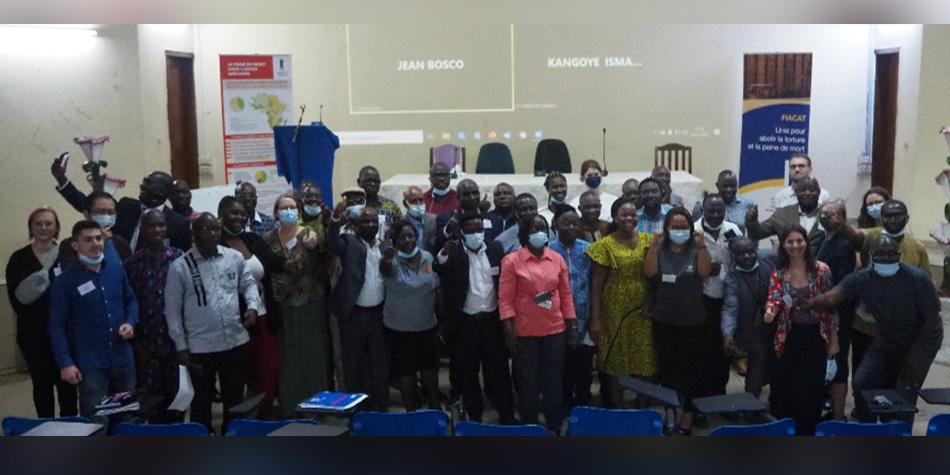United States
World Coalition Steering Committee member
The Advocates for Human Rights
The mission of The Advocates for Human Rights is to implement international human rights standards in order to promote civil society and reinforce the rule of law. By involving volunteers in research, education, and advocacy, The Advocates build broad constituencies in the United States and select global communities.
In 1991, The Advocates adopted a formal commitment to oppose the death penalty worldwide and organized a death penalty project to provide pro bono assistance on post-conviction appeals, as well as education and advocacy to end capital punishment. The Advocates collaborates with members of the World Coalition Against the Death Penalty to engage in documentation and advocacy on death penalty issues with United Nations and regional human rights mechanisms. It has conducted trainings and workshops with Coalition members on four continents on human rights fact-finding, monitoring, documentation, and advocacy to end the death penalty. It maintains a database of upcoming deadlines for civil society engagement with human rights mechanisms, available at https://www.theadvocatesforhumanrights.org/deadlines. It also offers a free 400-page toolkit called Human Rights Tools for a Changing World, available at https://www.theadvocatesforhumanrights.org/change. The Advocates is unable to finance abolitionist activities of other organizations but it welcomes proposals for collaboration, including technical assistance and capacity-building with Coalition members. Proposals that have the potential to engage The Advocates’ pro bono volunteers are particularly welcome.
Date founded
1983Structure type
NGOWorld Coalition Steering Committee member


 330 South Second Avenue
330 South Second Avenue Phone +1 612.746.4694
Phone +1 612.746.4694








